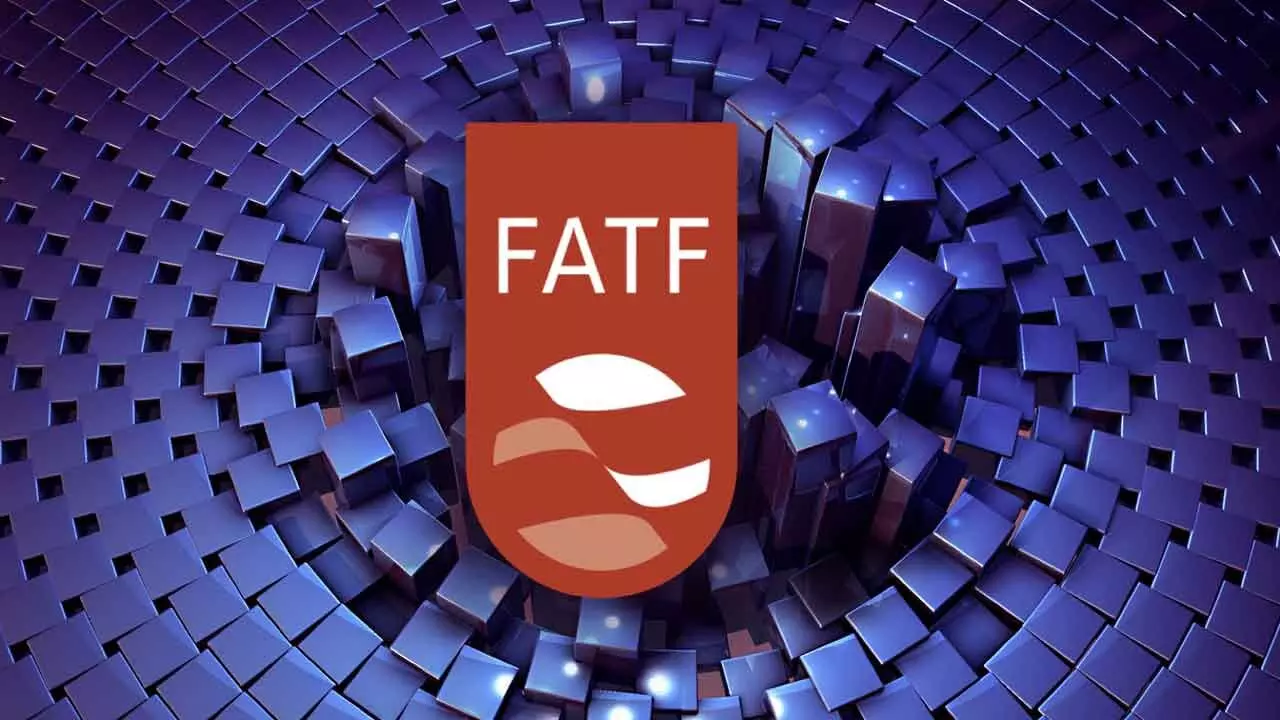Terrorists Go Digital: How Online Marketplaces and Payments Fund Global Attacks
Discover how terrorist groups are exploiting Amazon, PayPal, and other digital platforms to finance attacks and evade detection, as revealed in a critical new report from the Financial Action Task Force (FATF). Learn about the alarming tactics used in the Pulwama and Gorakhnath Temple attacks.
Terrorists Go Digital: How Online Marketplaces and Payments Fund Global Attacks

The world's leading anti-terror financing watchdog, the Financial Action Task Force (FATF), has issued a stark warning: terrorist organizations are leveraging sophisticated digital tools, e-commerce giants, and online payment systems to finance and execute their deadly plots.
In its comprehensive "Update on Terrorist Financing Risks," the FATF details alarming case studies that reveal how groups are exploiting platforms we use every day, like Amazon and PayPal, to move money and procure critical supplies while artfully evading the watchful eyes of authorities.
One of the most chilling examples cited is the devastating 2019 Pulwama attack in Jammu and Kashmir. This suicide bombing, which tragically killed 40 CRPF personnel and was attributed to the Pakistan-based terror outfit Jaish-e-Mohammed (JeM), reportedly involved a key component purchased directly from EPOM Amazon. The FATF report explicitly notes that "a key component of the improvised explosive device used in the attack—aluminum powder—was procured through the EPOM Amazon. This material was used to enhance the impact of the blast."
The report goes on to explain how Electronic Point-of-Sale Marketplaces (EPOMs) can be exploited for a sophisticated form of trade-based money laundering. As the FATF clarifies, "Traded goods can indeed offer disguise to value being transferred from an accomplice to another member of the network." This means a terrorist could buy items, send them via an EPOM for resale in another country, and then use the profits to bankroll their nefarious activities.
Another unsettling case highlighted is the 2022 Gorakhnath Temple attack in Uttar Pradesh. Here, a lone assailant attacked security personnel. Investigations later revealed that the attacker had transferred a significant sum, ₹6.69 lakh (approximately USD 7,685), via PayPal to foreign entities in support of ISIL. To mask these transactions and their digital footprint, the attacker cunningly employed VPN services and international third-party transactions. The FATF report details this, stating, "The financial investigation revealed that individual A transferred INR 669,841 (USD 7,685) via PayPal to foreign countries in support of ISIL, using international third-party transactions and using VPN services to obscure the IP address." The attacker also received a smaller sum, ₹10,323.35 (USD 188), from an overseas source.
These revelations from the FATF underscore a critical and evolving threat: the digital world, designed for convenience and connectivity, is now being weaponized by those who seek to cause harm. It’s a sobering reminder that as technology advances, so too do the methods of those who would misuse it for terror.

